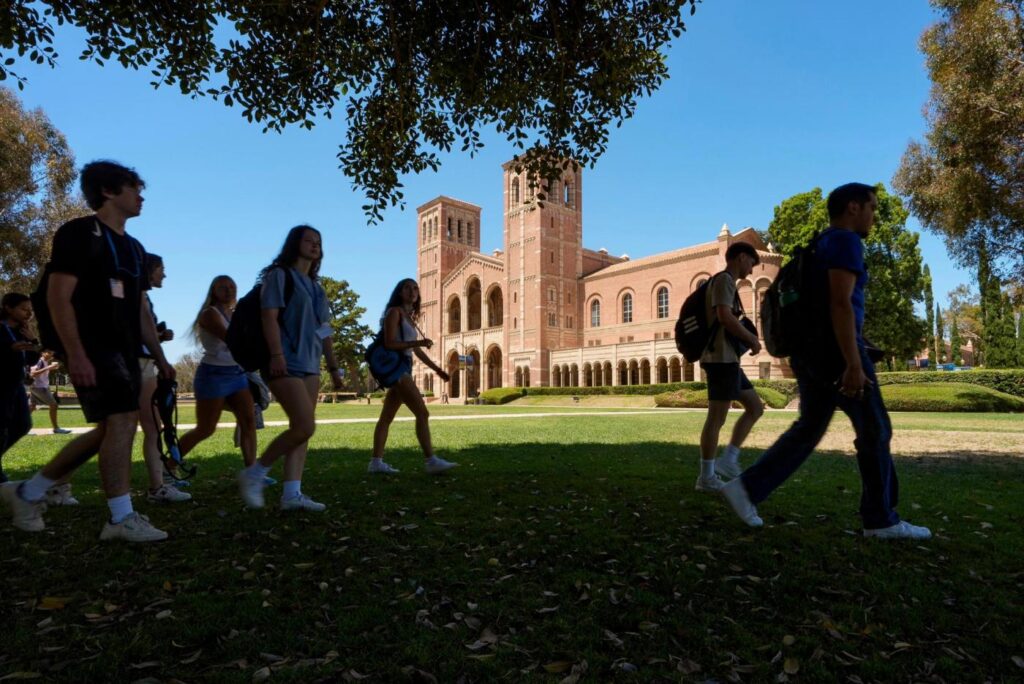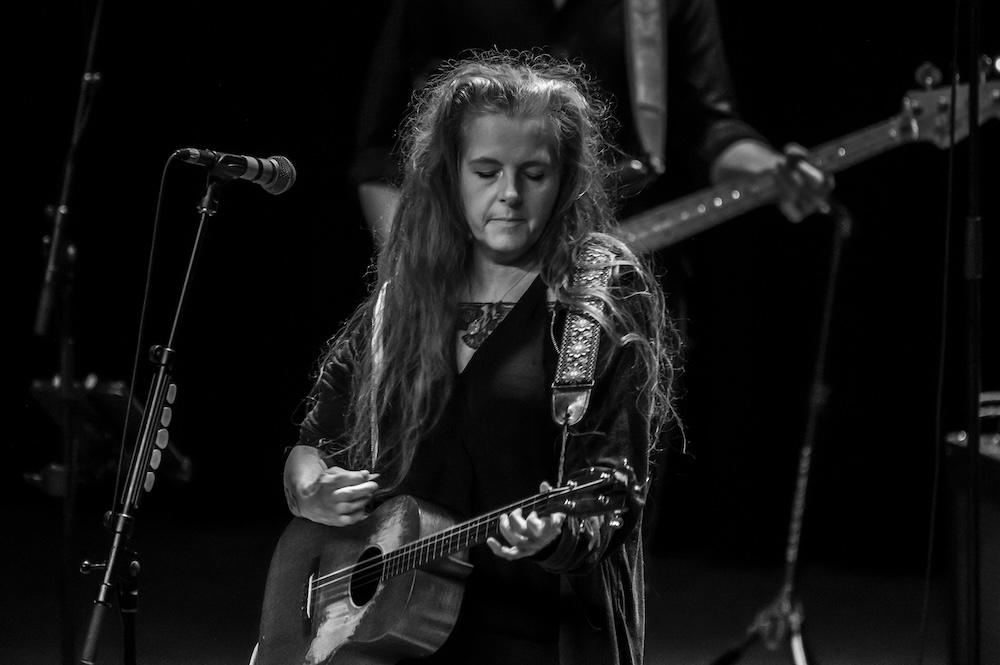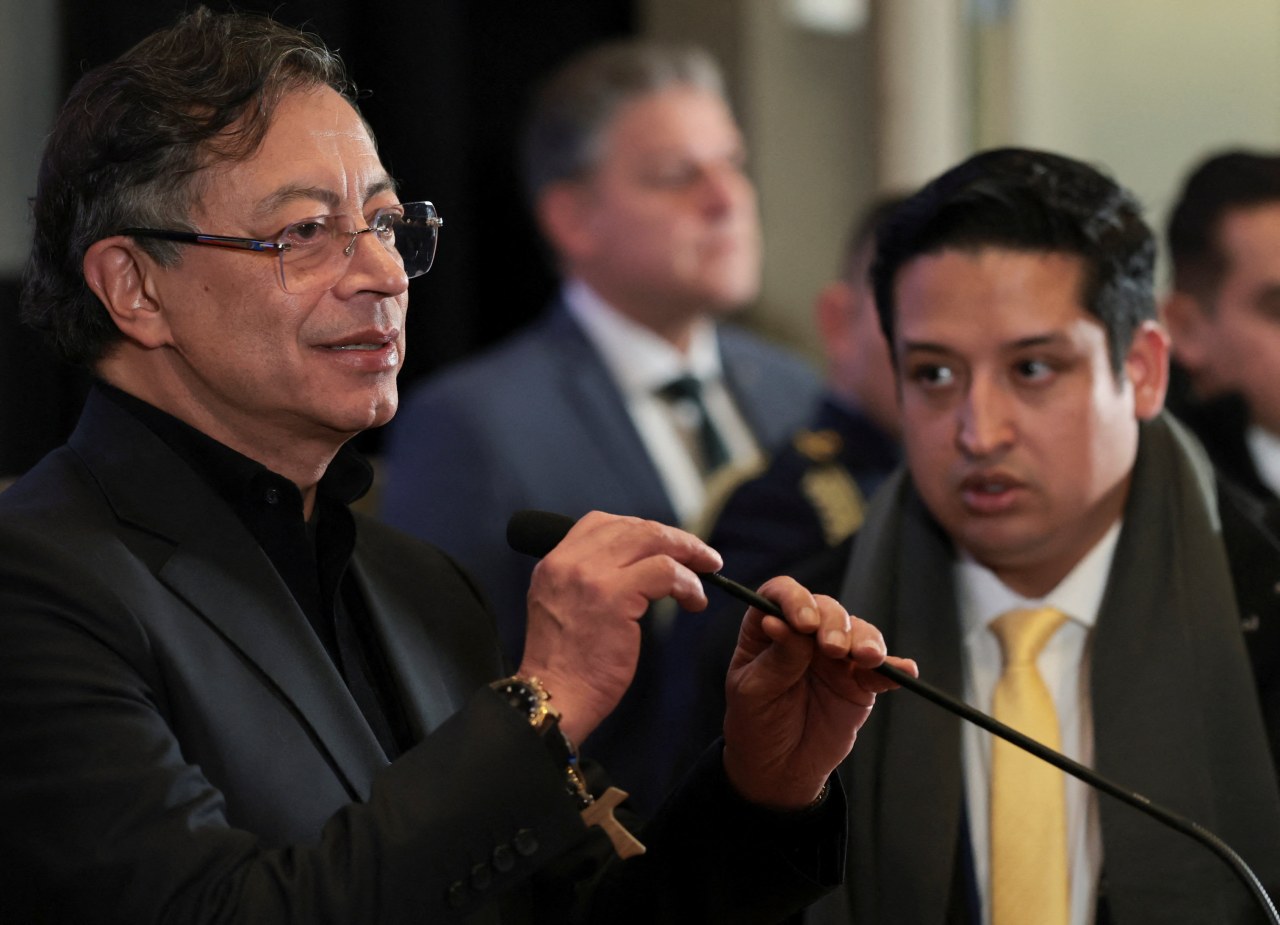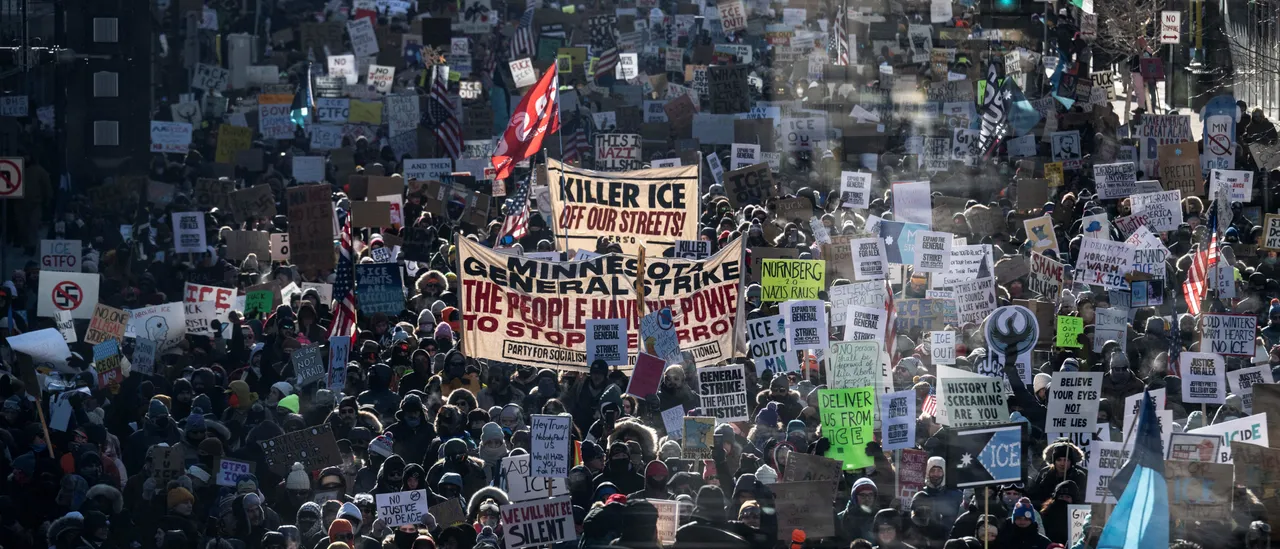
UPDATE: The House Republicans have just expanded their investigation into antisemitism to include the University of California at San Francisco (UCSF) and the University of California at Los Angeles (UCLA), raising alarms over allegations of hostility towards Jewish students and faculty. This announcement comes from the Republican-led House Education and Workforce Committee, which notified both universities of the investigation earlier this week.
The committee, led by Tim Walberg, a Republican representative from Michigan, expressed serious concerns that “Jewish students and faculty have experienced hostility and fear” on these campuses. In a letter to UCSF dated July 15, 2023, Walberg stated that the university has not adequately addressed these issues. UCSF has not yet responded to requests for comment.
The House committee is demanding extensive documentation from both universities, requiring nearly four years of records related to antisemitism complaints, investigations, and training materials. The deadline for submission is just two weeks away, amplifying the urgency of this situation.
This investigation aligns with ongoing negotiations between UC officials and the Justice Department regarding allegations that UCLA has fostered a hostile environment for Jewish individuals. Tensions escalated in recent years when the Trump administration cut over $500 million in research grants to UCLA and threatened an additional $1 billion fine unless significant changes were made to resolve the antisemitism claims. California Governor Gavin Newsom condemned these actions as “extortion” and vowed to protect the UC system through legal means.
Since President Trump took office again in January, his administration has launched over 111 investigations into various colleges and universities, with a notable focus on California institutions. Critics argue that these investigations reflect a politically motivated agenda, particularly targeting schools in predominantly Democratic areas. Jon Fansmith, Senior Vice President of the American Council on Education, remarked, “These actions are far from the norm and raise serious concerns about the weaponization of oversight authority.”
The allegations against UCSF include shocking claims that Jewish students and patients feel compelled to conceal their identities on campus. Reports indicate that antisemitic remarks were made by university personnel, and even classroom materials included offensive content. Additionally, the UCSF cancer center was reportedly defaced with antisemitic graffiti invoking the Holocaust.
Walberg’s letter also highlighted that after Jewish faculty voiced their concerns, they were referred to a counselor who had allegedly made antisemitic comments online. The investigation is focusing on whether these institutions violated Title VI of the Civil Rights Act of 1964, which prohibits discrimination based on race, color, or national origin in federally funded programs.
This urgent inquiry adds to a broader list of investigations into antisemitism at universities across the nation. Schools such as UC Berkeley, UC Davis, and Stanford University are also under scrutiny, with claims of creating environments hostile to Jewish students. Stanford is facing a lawsuit alleging it allowed a culture of intimidation against Jewish and Israeli students.
The implications of these investigations are profound, not only for the universities involved but also for the broader discourse on antisemitism in academic settings. As the House committee continues its work, the pressure on UCSF and UCLA to respond adequately will only intensify, leaving many to wonder what changes might ensue in the coming weeks.
Stay tuned for more updates as this developing story unfolds, and watch for the responses from both universities as they navigate this contentious issue.






